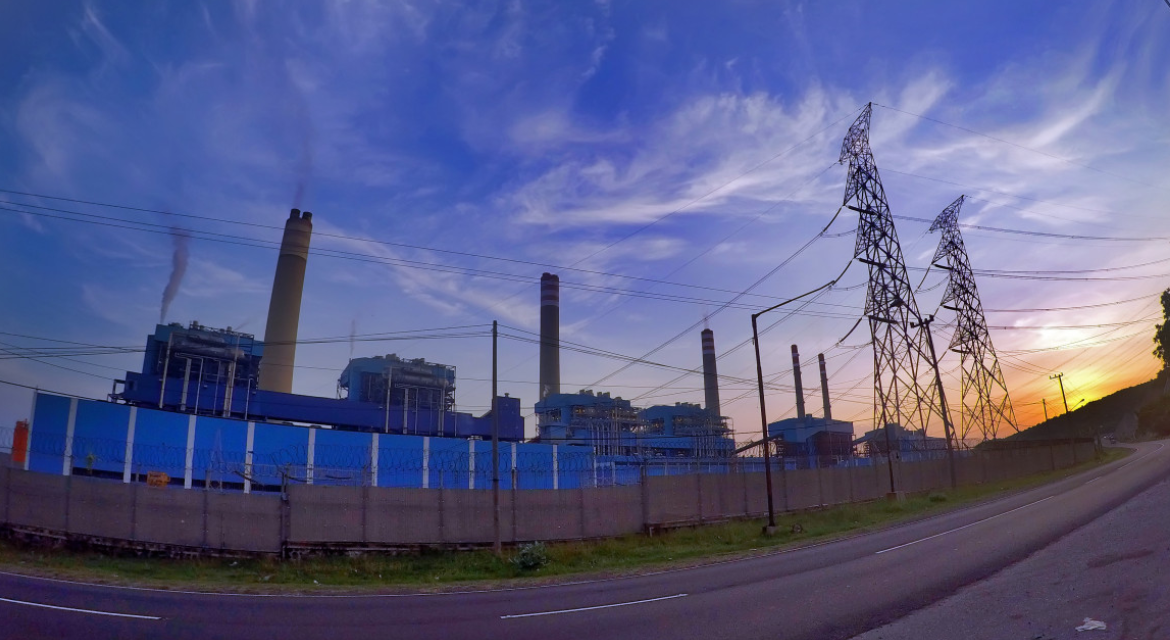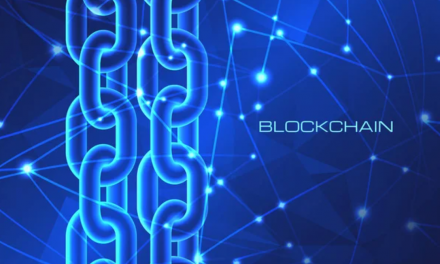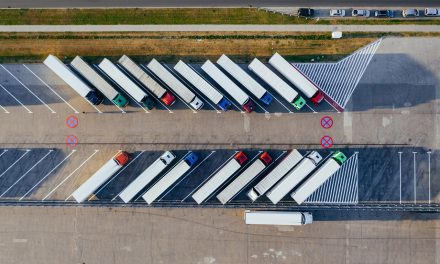The utility sector, traditionally slow to adopt new technologies, is now at a pivotal moment with blockchain’s emergence challenging its conservative stance. Blockchain’s integration is poised to tackle long-standing industry challenges, offering solutions that enhance efficiency, security, and transparency.
2024 marks a significant year for blockchain within the utility sector, anticipating remarkable growth by 2030. This growth is driven by blockchain’s capabilities in facilitating secure and transparent energy transactions, optimizing complex energy systems, and bolstering cybersecurity, all while advancing sustainability objectives.
Key Factors Influencing Blockchain Adoption in Utility Sector:
- Transparency and Efficiency: Blockchain’s immutable ledger system is transforming energy transaction recording, from production to consumption, building stakeholder trust and streamlining transactions.
- Decentralization and Renewable Energy: Blockchain facilitates renewable energy integration and decentralized generation, providing a simplified management framework for these intricate systems.
- Cybersecurity Enhancements: Blockchain’s tamper-resistant features are vital for safeguarding critical infrastructure and sensitive data within the energy sector.
- Sustainability and Carbon Trading: Blockchain supports transparent, auditable markets for carbon credits and renewable energy certificates, promoting sustainable practices and cleaner energy transitions.
Challenges and Prospects
Blockchain’s adoption in the utility sector faces obstacles like regulatory uncertainty, the complexity of existing infrastructures, and environmental concerns over some blockchain protocols’ energy use. Yet, these challenges also open up innovation avenues, especially in creating environmentally friendly blockchain solutions and solving interoperability issues for smooth integration with traditional systems.
The Role of SourceLess Labs Foundation as Utility Sector Solution
The SourceLess Labs Foundation is at the forefront of utilizing blockchain for sustainable and efficient solutions in the utility sector. Initiatives such as A.R.E.S. AI, developed by SourceLess, are pivotal in easing the sector’s transition to blockchain, offering enhanced operational efficiency, user support, and sophisticated data analysis.
A.R.E.S. AI leverages natural language processing, automation, and predictive analytics to facilitate utility providers’ blockchain adoption, ensuring sustainable and secure energy supply for the future.
Conclusion
Blockchain’s integration into the utility sector heralds a significant transformation. The SourceLess Labs Foundation remains dedicated to supporting this transition, driven by innovation and a commitment to sustainability and efficiency, actively contributing to the industry’s evolving landscape.





